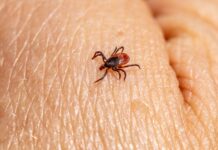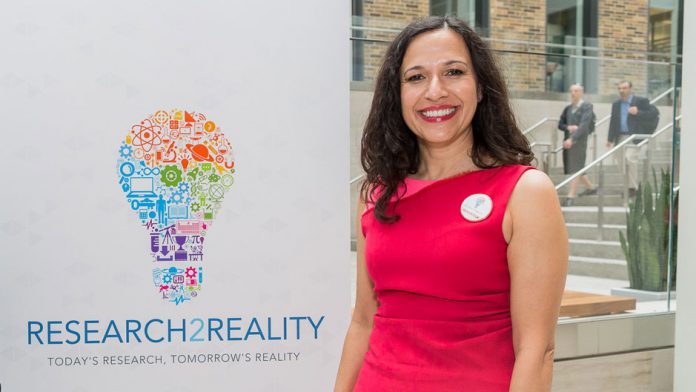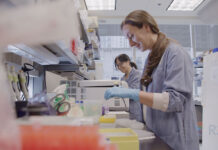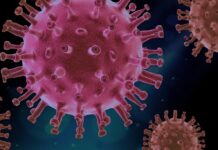Sheila Singh is a Professor of Surgery (Division of Neurosurgery), Biochemistry, and Pediatrics at McMaster University. We asked her everything from what inspired her to become a scientist to what advice she has for young researchers in hopes of giving you a better understanding of what goes on outside the lab for one of the best minds in Canadian research.
What do you like most about being a scientist?
I love being able to design experiments to answer the most challenging questions in biology, and then to follow the data where it leads you: usually to some new revelation about how cells function in the human body. Sometimes the most important discoveries are made through serendipity, so you have to keep your mind open to any possibility and don’t overlook any observations along the way.
I would like to see a day when we can sample each patient’s cancer and then model their tumour evolution in the lab in a very rapid fashion, thereby predicting which drugs will work against all of the cells in their individualized cancer. I hope this personalized medicine approach come true very soon for patients with brain cancer. I’ll do whatever it takes to find answers for patients with brain cancer, adults and children, to improve their quality of life, their survival and their outcomes in the future.
What do you consider your greatest achievement?
Every patient I help in the short term reminds me that in the lab, I am looking to end the suffering of future patients, in the long term. Every child I treat inspires me to work toward this cure, so I don’t have a greatest achievement yet: only a greatest goal!
What advice would you give young researchers?
Invest in your education. It will take a long time but there are no shortcuts to acquiring the knowledge it takes to be a great scientist. See your studies as a marathon, not a sprint, and be patient in this culture of instant gratification. Working in a laboratory requires so much persistence, patience, and self-regulation: you have to play the long game with science, when discoveries may only yield fruit over the long term. But it is so worth it in the end!
What do you read?
I love the New Yorker magazine to keep me current about the arts and current events/ news. I gave a copy of Siddartha Mukherjee’s book “The Emperor of all Maladies”, a history of cancer, to all of my lab members: what an amazing book! I love reading all of Atul Gawande’s books (he is a general surgeon at Harvard who writes the most humanistic stories about his patients; his most recent one is about facing aging and death). My favourite book about a neurosurgeon is Ian McEwen’s “Saturday” (another amazing writer, love all of his books).
What’s on your playlist?
I do not have an iPod or any links to social media.. no time. I do take my sons to the COC, we love opera. I love anything by JS Bach (especially his preludes and fugues) and Mozart (all so joyful). I love the KD Lang album where she covers Canadian songs: Neil Young’s “Helpless” and Leonard Cohen’s “Hallelujah”: she sings the very best version
If you could meet any historical figure who would it be and why?
Dmitri Mendeleev. I would love to know how he manages to devise from first principles the periodic table, and he even predicted what next elements would be discovered! Like Nostradamus except he was predicting chemistry!
If you could do any profession other than your own what would it be?
I would like to teach and take care of 3 to 5 year olds. I love children and at that age they are so happy and innocent and discovering the world around them.
To learn more about Prof. Sheila Singh, check out her R2R Orange Chair Interview, and what inspired her to become a scientist.







































